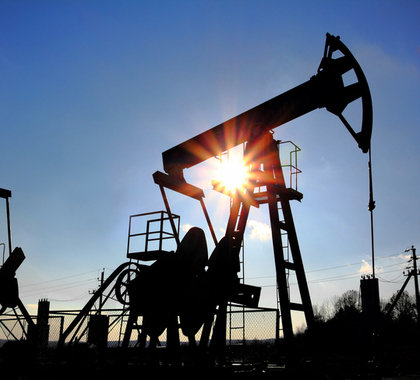California’s Air Resources Board has passed the nation’s strictest, most comprehensive methane-emissions regulations.
The sweeping regulations cover oil and gas operations on land and offshore and apply to private, state, and federal property. They do not apply to tribal land. The rules are intended to curb methane emissions at onshore and offshore oil and gas operations by 45 percent over the next nine years through a combination of heightened efficiency requirements, increased inspections, and rules meant to ensure leaks are discovered and fixed swiftly.
Fleeing ‘Like Reverse Okies’
California’s new methane regulations are bad for business, says Tim Benson, a policy analyst for The Heartland Institute, which publishes Environment & Climate News.
“California certainly isn’t a very business-friendly environment to begin with, and small-business owners, who are already fleeing the state in droves like reverse Okies, are not going to be reassured about another burdensome regulation increasing their costs,” Benson said. “Eventually, one of these regulations is going to be the straw that breaks the camel’s back.”
The new regulation wasn’t really about methane, Benson says. It’s about environmentalists singling out and punishing the oil and gas industries they detest, even though those two industries only account for less than 4 percent of the state’s methane emissions.
“The problem is regular Californians end up being the collateral damage in this anti-fossil-fuel crusade,” Benson said.
Expecting Higher Energy Prices
California’s regulators are after the wrong culprit, says William F. Shughart II, a professor of economics and finance at the University of Mississippi and a research fellow at the Independent Institute.
“Nationwide, oil and gas accounts for about 19 percent of the methane content of the air, but in California, it only accounts for 4 percent of the total methane emissions in the state,” Shughart said. “This is evidence of discrimination against the oil and gas industry, and in California’s case, it’s for no good reason.
“If you’re going to attack the [methane] problem in California, human beings and livestock are a much larger source of methane than oil and gas,” said Shughart.
Shughart says the high costs of the regulations will be imposed on an industry that is only a small part of the problem.
“There are requirements for more frequent inspections, looking for possible leaks from pipelines or production sites, and at refineries that might be sources for methane emissions,” Shugart said. “So, to the extent the regulations are going to hit businesses, they will hit smaller oil and gas producers harder because they won’t be able to spread those costs across larger volumes of output the way larger producers can.”
Shughart predicts the methane regulations will raise the prices of gasoline and electric power in California.
“Consumers will be hard-hit by higher electric power and fuel prices, because oil and gas are used to generate electricity and power vehicles,” Shughart said. “Any costs to comply with these regulations will be passed on, penny for penny, dollar for dollar, to the consumers in the form of higher prices.”
Kenneth Artz ([email protected]) writes from Dallas, Texas.





